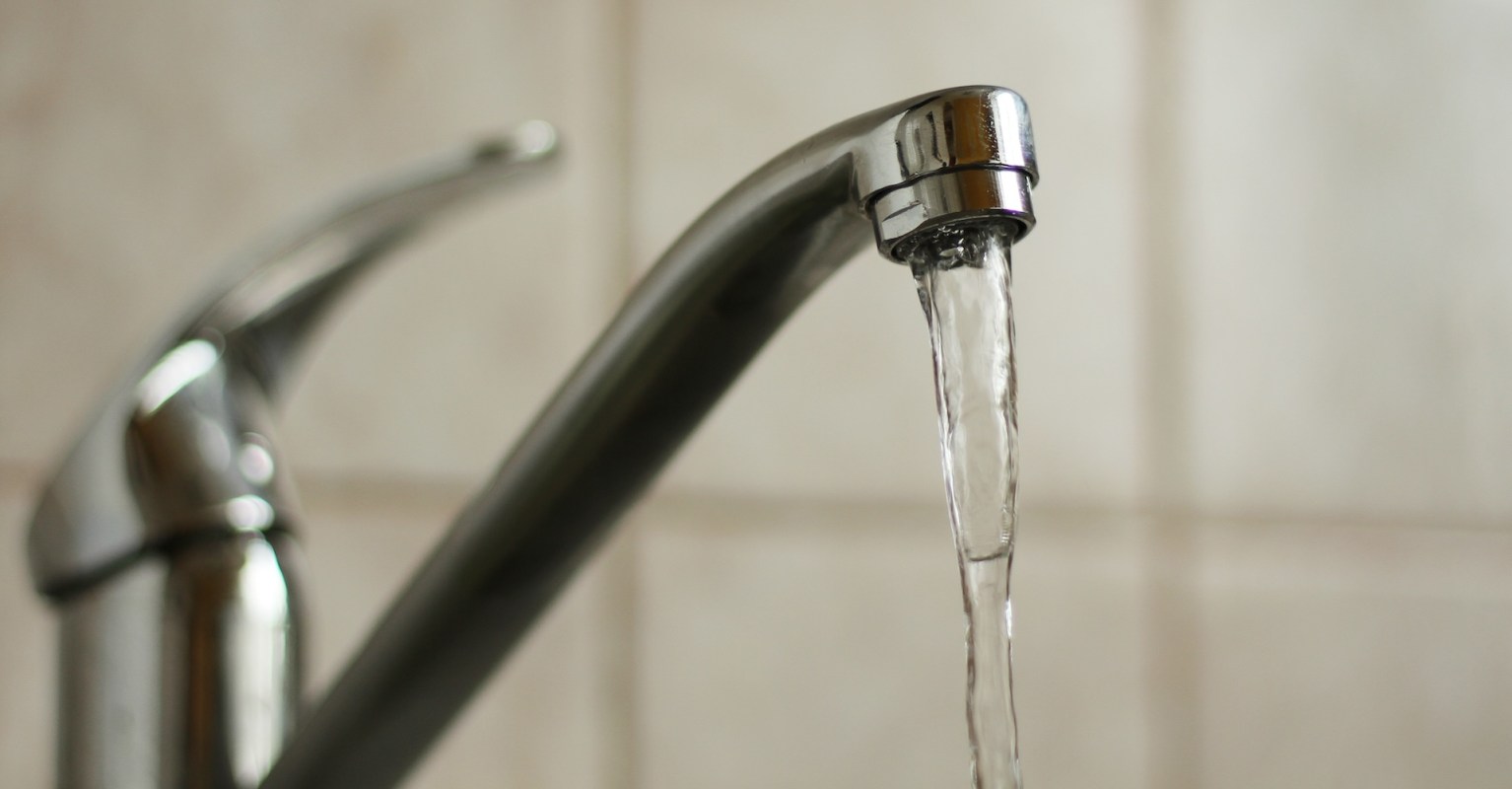The Biden administration is implementing a first-time policy that will be a game-changer for millions of Americans.
As detailed in The New York Times, the Environmental Protection Agency is "requiring municipal water systems to remove six synthetic chemicals linked to cancer and other health problems that are present in the tap water" across the country.
The move will mandate that water providers reduce "forever chemicals" like perfluoroalkyl and polyfluoroalkyl substances to "near-zero levels."
EPA administrator Michael S. Regan labeled the new policy "life-changing" and described it as the most significant effort by the federal government to reduce the presence of PFAS in drinking water.
"This action will prevent thousands of deaths and reduce tens of thousands of serious illnesses," Regan said during a call with reporters. "We are one huge step closer to finally shutting off the tap on forever chemicals once and for all."
The presence of PFAS can be detected in common items like clothes, shampoos, cosmetics, dental floss, and children's toys. The New York Times noted that these chemicals are so pervasive that they "can be found in the blood of almost every person in the United States," and a 2023 government study discovered PFAS in nearly half the tap water in the nation.
The fact that these chemicals never fully degrade not only makes them dangerous to the environment but also presents a danger to humans who inadvertently consume them.
The EPA reported that exposure to PFAS can be linked to metabolic disorders, decreased fertility in women, developmental delays in children, and increased risk of some prostate, kidney, and testicular cancers.
It will not be easy to enact the new regulations, as the EPA estimated that water utilities will face an annual cost of $1.5 billion to be in compliance. However, those utilities argued that it could actually cost twice as much, and they raised concerns over how it would be funded. Some warned that the burden will fall on taxpayers when they receive increased water rates and that some products may be manufactured abroad to circumvent regulations.
On the other hand, utility agencies and mass-market food and beverage companies could be exposing themselves to class-action lawsuits should they knowingly permit such pollution to remain in public water supplies and products that use unfiltered tap water. So the investment in modern filtration may be a business necessity either way. Beyond that, said Regan in a separate release, it is the right thing to do.
"Drinking water contaminated with PFAS has plagued communities across this country for too long," Regan said. "That is why President Biden has made tackling PFAS a top priority, investing historic resources to address these harmful chemicals and protect communities nationwide. … In doing so, [we will] save thousands of lives and help ensure our children grow up healthier."
The government already has policies in place that should protect taxpayers, as the 2021 bipartisan infrastructure law provides $9 billion to communities to combat PFAS contamination.
The EPA said $1 billion will be set aside to help states when testing and treatment commences. There could also be tax breaks and credits provided by the Inflation Reduction Act, which you can learn more about in this guide.
"It has taken far too long to get to this point, but the scientific facts and truth about the health threat posed by these man-made poisons have finally prevailed," said Robert A. Bilott, an attorney who has spent more than two decades litigating the hazardous dumping of PFAS chemicals.
Join our free newsletter for cool news and actionable info that makes it easy to help yourself while helping the planet.









